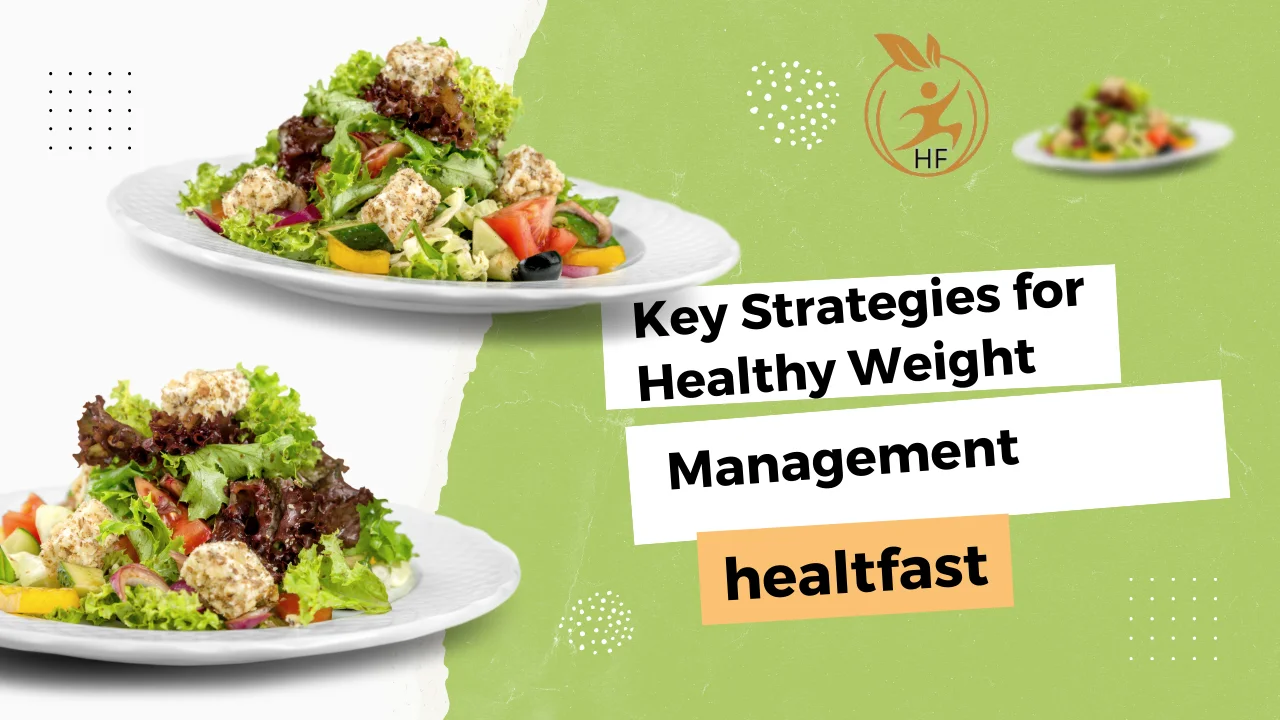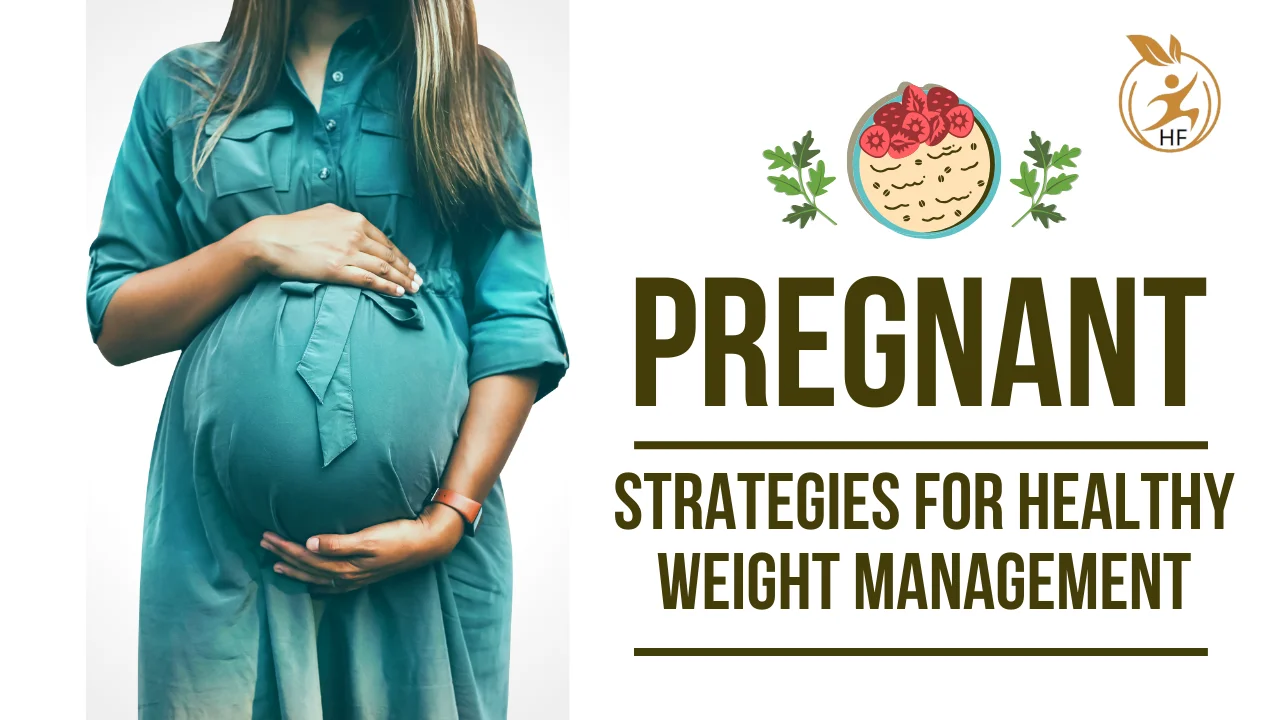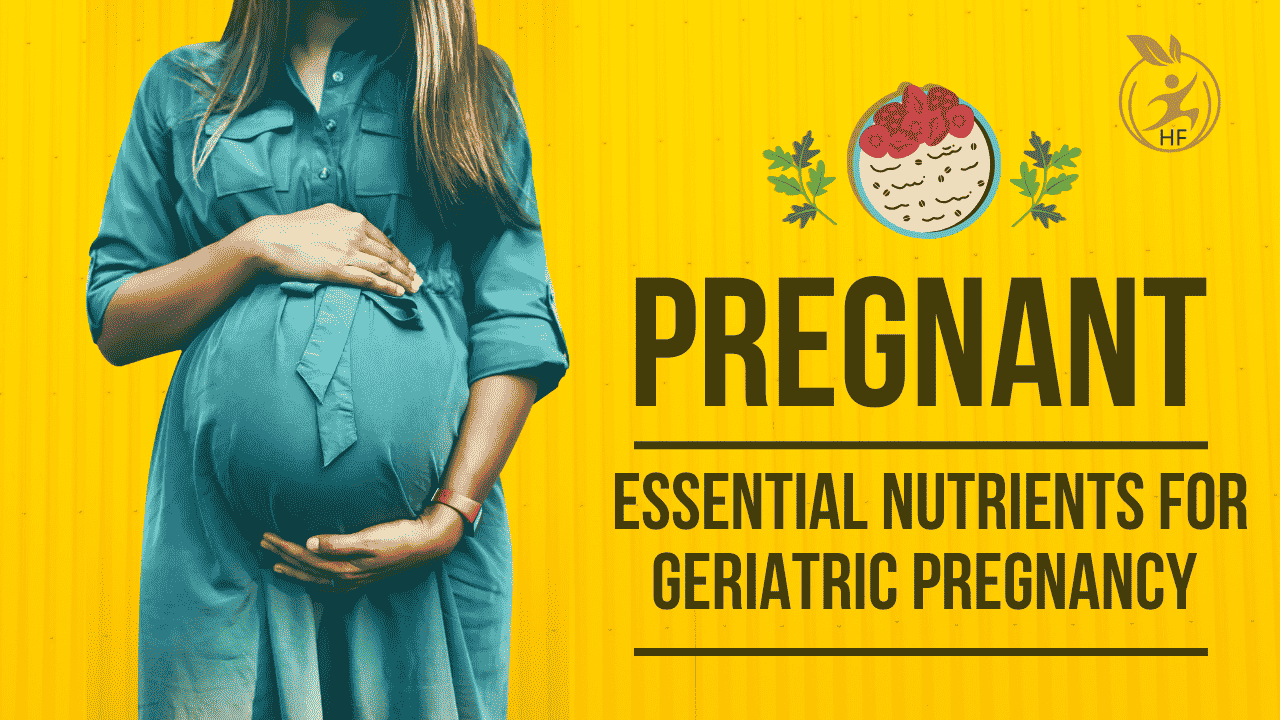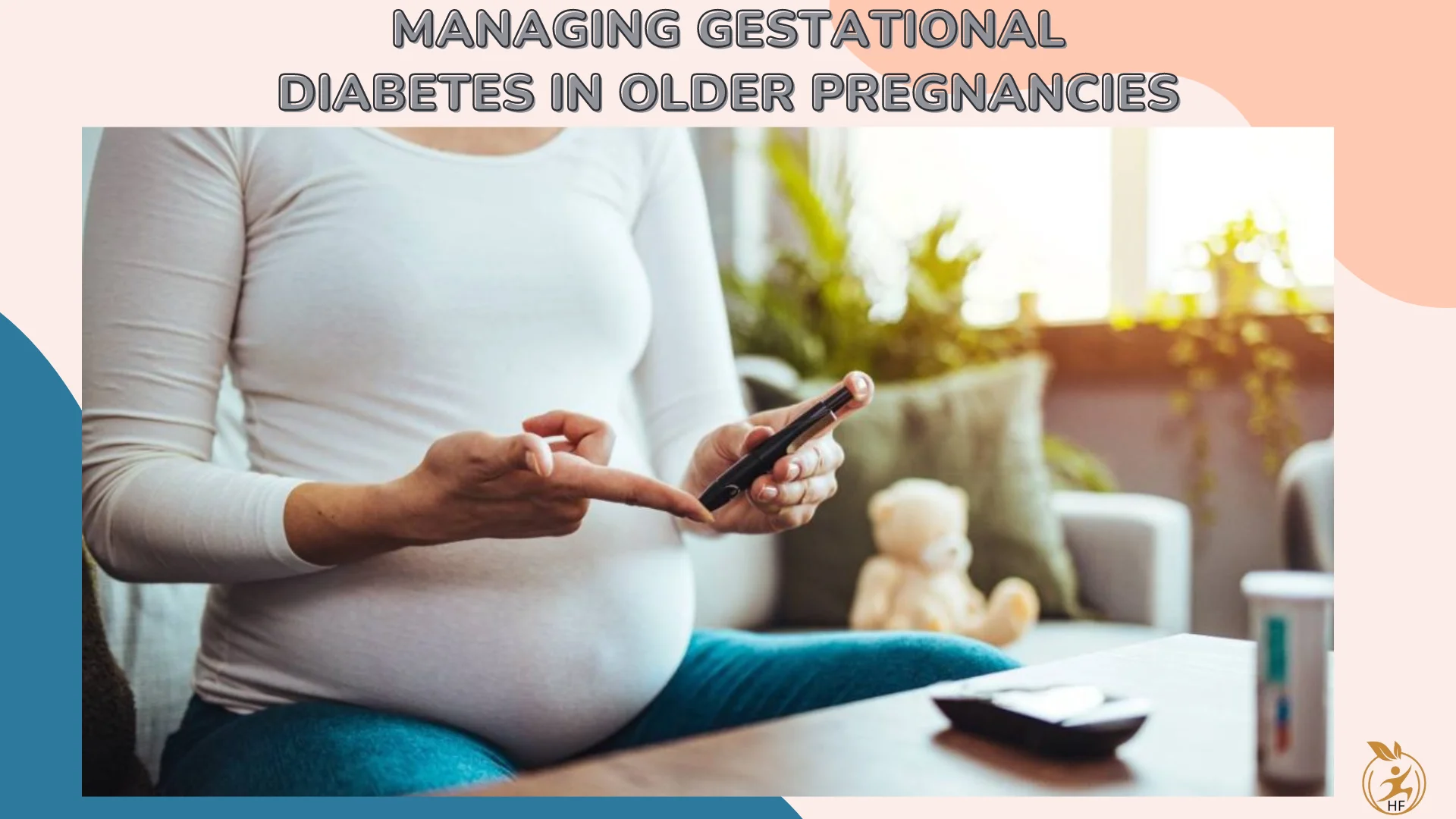Pregnancy rates among women in their late 30s and 40s have increased significantly in recent years, a trend known as “geriatric pregnancy” or “advanced maternal age pregnancy.” While these pregnancies can offer great joy, they also provide unique obstacles, particularly in terms of maintaining a healthy weight. In this comprehensive guide, we’ll look at the importance of healthy weight management during geriatric pregnancy, the ramifications, and practical ways for ensuring maternal and fetal well-being.
Understanding Geriatric Pregnancy:
Geriatric pregnancy, defined as conception after the age of 35, has unique physiological issues when compared to pregnancies in younger women. Maternal age increases the risk of gestational diabetes, hypertension, preeclampsia, and cesarean delivery. Furthermore, older mothers are more likely to have issues including chromosomal abnormalities and preterm birth, thus careful weight management is essential for a favorable outcome.
Importance of Healthy Weight Management:
Maintaining a healthy weight during geriatric pregnancy is critical in reducing the hazards associated with advanced maternal age. Excessive weight gain can exacerbate pre-existing health issues like hypertension and gestational diabetes, whereas insufficient weight gain can jeopardize baby growth and development. Finding the appropriate balance is critical for both maternal health and good fetal outcomes.
Key Strategies for Healthy Weight Management:

1. Nutrient-Dense Diet:
- Emphasize entire foods high in important nutrients, such as fruits, vegetables, lean meats, whole grains, and healthy fats.
- Monitor calorie intake to ensure adequate nutrition without excessive weight gain.
- Consult a registered dietitian for personalized dietary recommendations tailored to the needs of geriatric pregnancy.
2. Regular Physical Activity:
- Engage in moderate-intensity exercises approved by a healthcare provider, such as walking, swimming, and prenatal yoga.
- Aim for at least 150 minutes of moderate aerobic activity per week, supplemented with strength training exercises to maintain muscle mass and support metabolic health.
3. Monitoring Weight Gain:
- Follow recommended weight gain guidelines based on pre-pregnancy BMI to avoid complications.
- Track weight gain consistently during prenatal visits and adjust dietary and lifestyle habits accordingly.
- Seek medical guidance if weight gain deviates significantly from recommended targets.
4. Mindful Eating Habits:
- Practice mindful eating techniques to cultivate awareness of hunger cues and prevent overeating.
- Avoid emotional eating triggers and seek alternative coping mechanisms for stress management.
- Prioritize balanced meals and snacks to sustain energy levels and promote satiety.
5. Adequate Hydration:
- Drink plenty of water throughout the day to stay hydrated and support metabolic function.
- Limit consumption of sugary beverages and caffeinated drinks, opting for water as the primary source of hydration.
Geriatric pregnancy necessitates a proactive approach to weight management in order to optimize maternal and fetal outcomes. Women can boldly face the challenges of advanced maternal age and have a healthy pregnancy by eating a nutrient-dense diet, exercising regularly, tracking weight gain, practicing mindful eating habits, and staying hydrated. Consultation with healthcare practitioners, such as obstetricians, nutritionists, and fitness specialists, is critical for designing individualized solutions to each individual’s demands and circumstances. Women who take a comprehensive approach to weight management can enjoy the adventure of an aged pregnancy with vigour and well-being.









